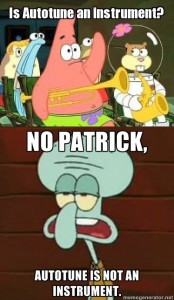In our new-age day of technology, many kids have left behind simplistic games and toys–such as cards, tag, or even just playing pretend out in the yard–and moved on to virtual worlds as a means of entertainment. This builds an expectation of having super advanced electronic toys, so when kids ever come across simple toys, the toys appear lame or boring: kids just do not know how to play simply as much anymore. I believe this is mostly a negative outcome.
I remember when I entered into my adolescent years and started really getting into Nintendo and virtual computer games. You know: Mario, Zelda, Roller Coaster Tycoon, etc. I hardly ever played outside anymore like I used to. My mother would often urge or even force my siblings and I to “go play outside”; it was almost like a punishment. Sure, I did still play outside every now and then, but not nearly as much as I had when I was younger. Playing these games that were already created it became harder for me to be the creator instead of imagining worlds and characters as I had done frequently before. I was playing in someone else’s virtual world. But, this leads to a lack of interaction between children and other people in the outside world.
As Madison Miller says in her RCL TED Talk, these games require no previous creativity of the child or any creativity during the game. She is correct here. But though the majority of virtual games do not allow the child to utilize creativity, there are very rare computer games/programs that actually do–such as the animation program Alice.
Wait, you mean I’m actually talking about a technology in a positive light? (What has the world come to?) Why yes, I am. Just remember this is rare and not many children are exposed to this kind of technological experience. But what is Alice? Some of you may have heard of it before because of Dann Pausch–famous for his Last Lecture–who helped create this program. Created at Carnegie Mellon University, this program (named after Alice from “Alice in Wonderland”), unlike most other animation programs, is a much more simple programming software for people to use; it teaches the user 3D animation basics through a fun storytelling setup. Children, if given the opportunity to utilize such a tool, could gain such a helpful skill which they may or may not use later on in life, while at the same time having a blast. I know kids can have great fun with this because my own younger siblings have used this program before and they absolutely love it. Sadly though few people know about this kind of thing and even fewer introduce it to students or children. Just think what creativity we could instill in kids again if this were more prevalent. It would lessen the negative effects of newer video game technology mentioned above and even provide children with an awesome experience.
Cite:





